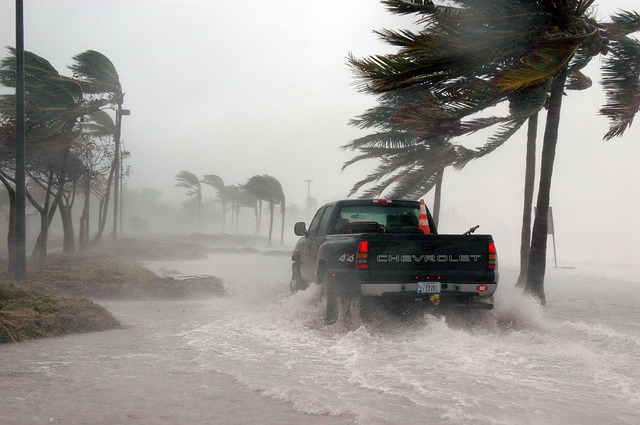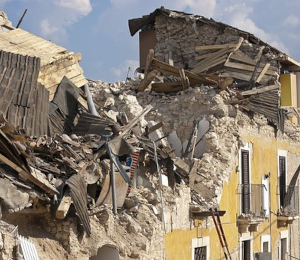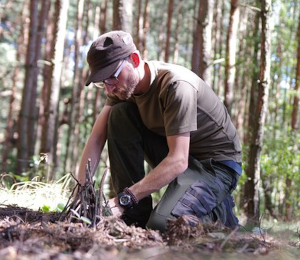
No place on earth is safe from extreme weather. Depending on your location you may face danger from hurricanes, typhoons, cyclones, floods, heavy snowfall, or other conditions. Sometimes the danger of an approaching storm is so great that an evacuation is ordered.
Additional factors may also make an evacuation necessary. Some of these might include the imminent failure of a dam, a dangerous chemical spill, earthquake aftershocks, or even the threat of warfare.
You should make sure your family is prepared for such an eventuality.
What to Do if Evacuation Is Necessary
If you are advised to evacuate or if you think it is appropriate to evacuate, you should:
- Leave as soon as possible, preferably in daylight. Avoid flooded roads and watch for washed-out bridges. Evacuation will probably take longer than expected. Give yourself plenty of time.
- Secure your home by unplugging appliances and turning off the electricity and the main water valve. This will reduce potential damage to your appliances from power surges and to your home.
- Tell someone outside the affected area where you are going—(the out-of-town contact you identified in your Family Disaster Plan). Relatives and friends will be concerned about your safety. Letting someone know your travel plans will help relieve their fear and anxiety.
- If time permits and you live in an identified surge zone or area prone to flooding, move furniture to a higher floor. Moving valuable furnishings helps reduce the potential for damage.
- Bring your Disaster Supplies Kit, including warm protective clothing. People frequently arrive at shelters or hotels with nothing. Having these items with you will make you more comfortable. While shelters provide a safe place to stay and food, specialty items for infants and individuals on restricted diets may not be available. It may be several days before permission is given by local authorities to reenter an evacuated area.
- Lock your home and leave. There may be individuals evacuating after you, or returning before you. Police may be busy with storm-related emergencies and not able to patrol neighborhoods as usual.
- Don’t ignore an evacuation order and decide to “tough it out.” The price you, your loved ones, or rescuers may pay for your foolishness is simply not worth the risk.
Read More














